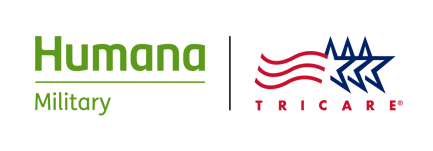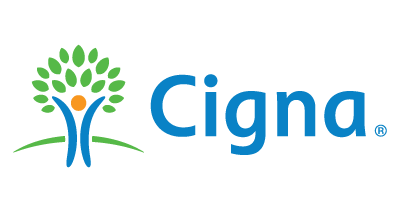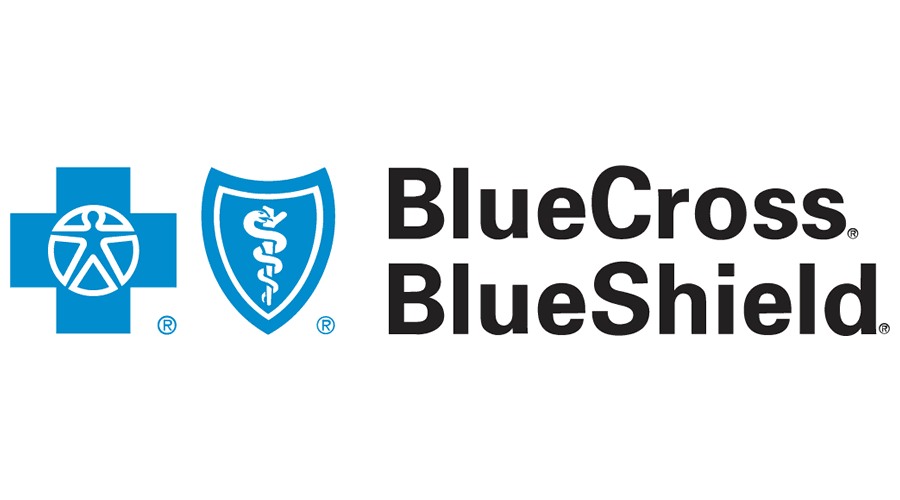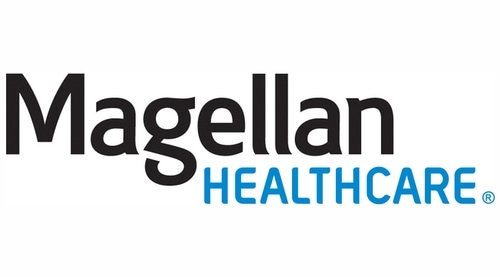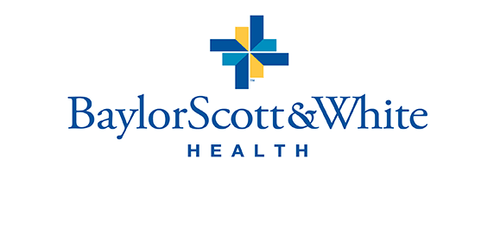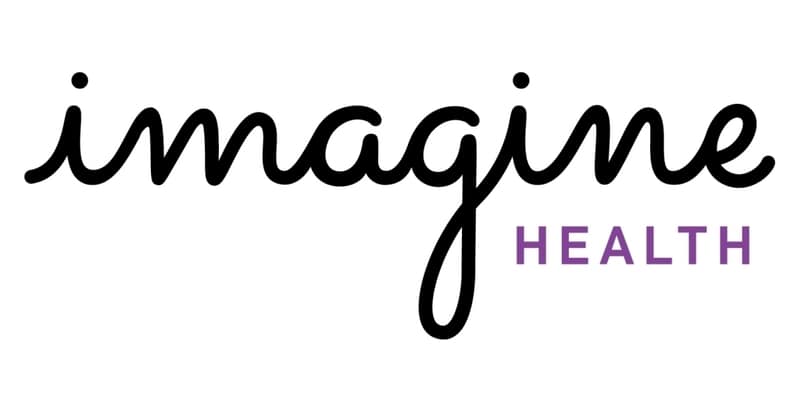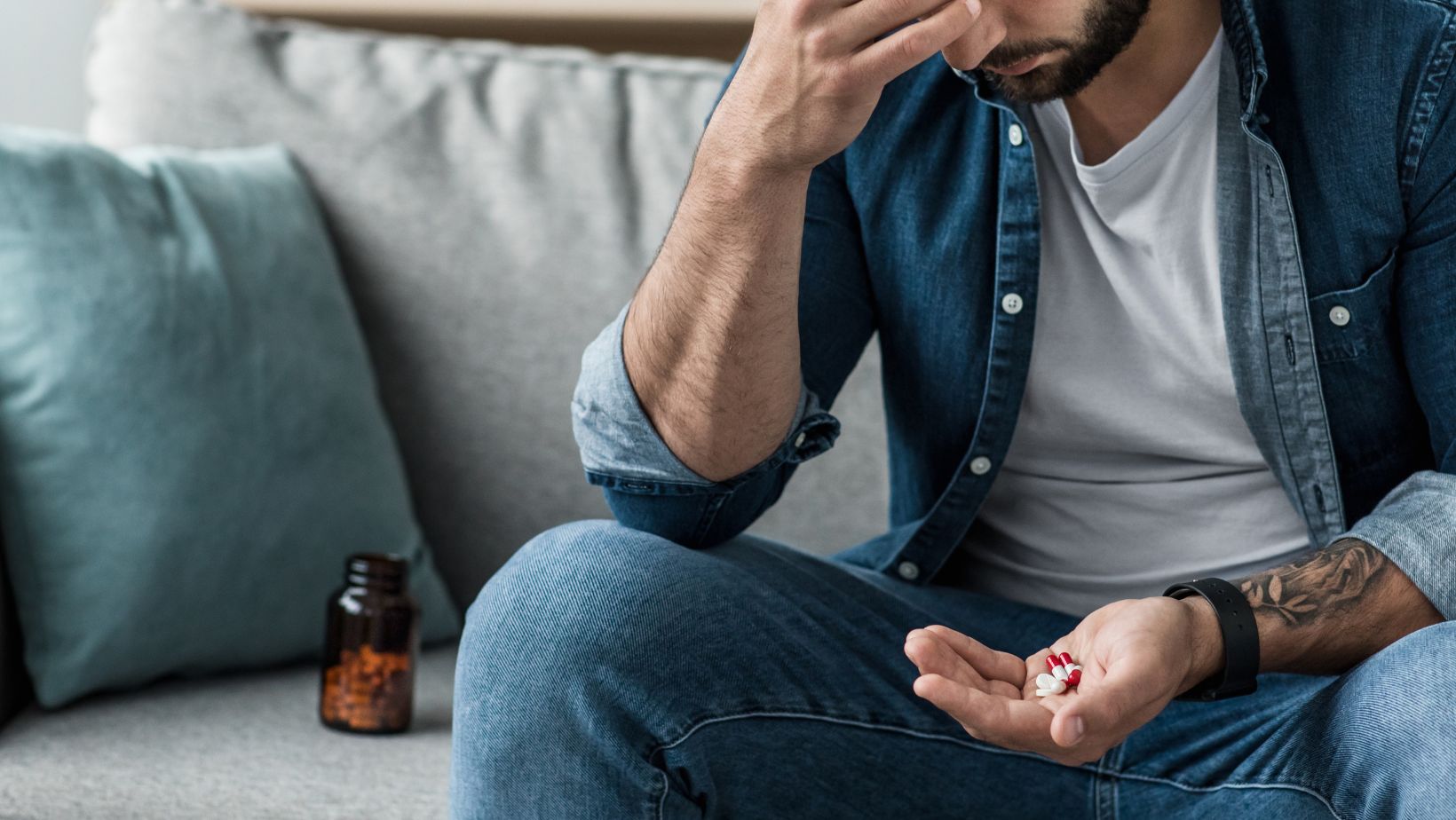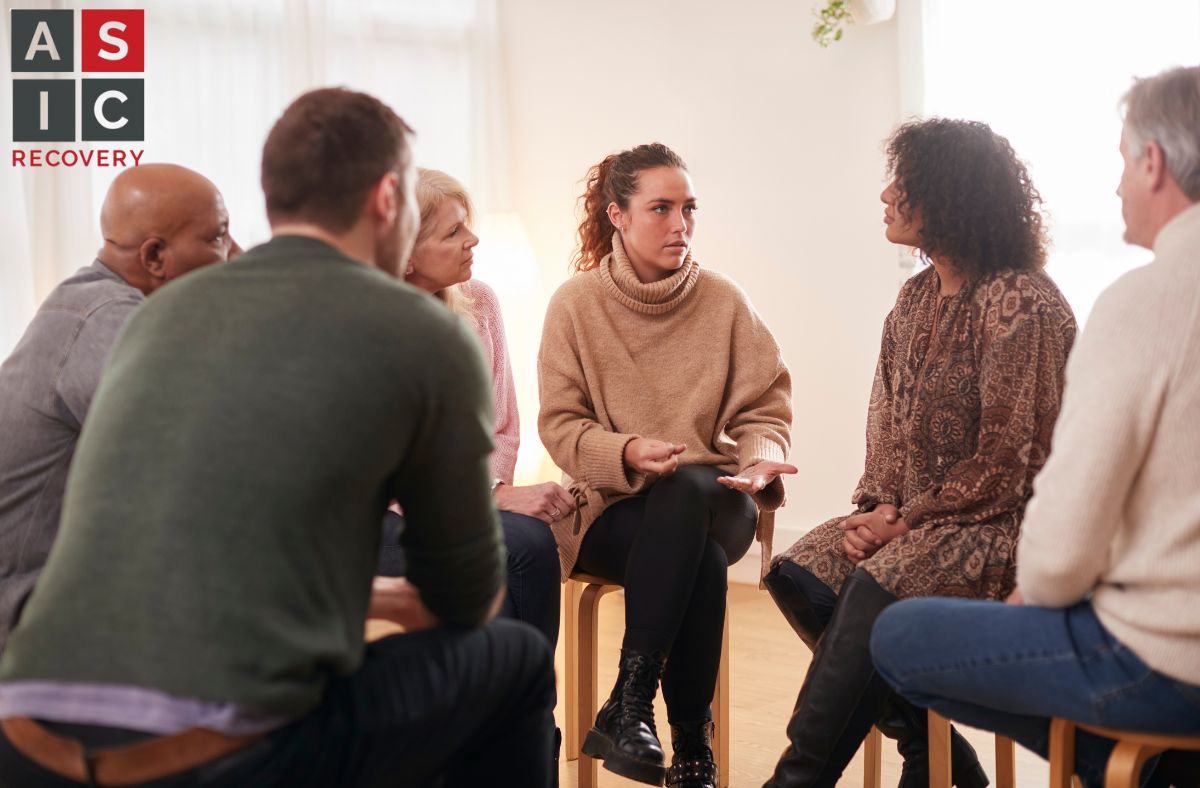Drug and alcohol addiction knows no boundaries. It doesn’t discriminate based on age, race, creed, or economic status. Whether you are a young adult, a working professional, or even a senior, addiction can ensnare anyone, wreaking havoc on personal lives, careers, and both physical and mental health.
If you or someone you care about is grappling with this relentless disease, there’s one team you can trust for comprehensive support and effective treatment — ASIC Recovery.
How Has Drug Addiction Evolved?
Have you noticed changes in your community due to drug addiction? It’s a growing issue that mirrors national trends, reflecting a surge in both prescription and illicit drug misuse. At ASIC Recovery, we understand the complexity of addiction; it’s not a moral failing but a chronic disease that requires nuanced care and a supportive approach to overcome.
ASIC Recovery’s Approach to Drug Treatment Programs
At ASIC Recovery in Fort Worth, we understand that overcoming drug and alcohol addiction requires more than just good intentions—it demands a structured, professional approach tailored to individualized treatment needs.
Our Intensive Outpatient Program (IOP) is designed to provide robust support without disconnecting clients from their daily lives. This program involves:
Types of Drug Addictions Treated at ASIC Recovery
At ASIC Recovery, we recognize the complex nature of addiction and the varied forms it can take. Here’s how each type of drug addiction affects individuals and their family members and why our Intensive Outpatient Program (IOP) is an effective solution:
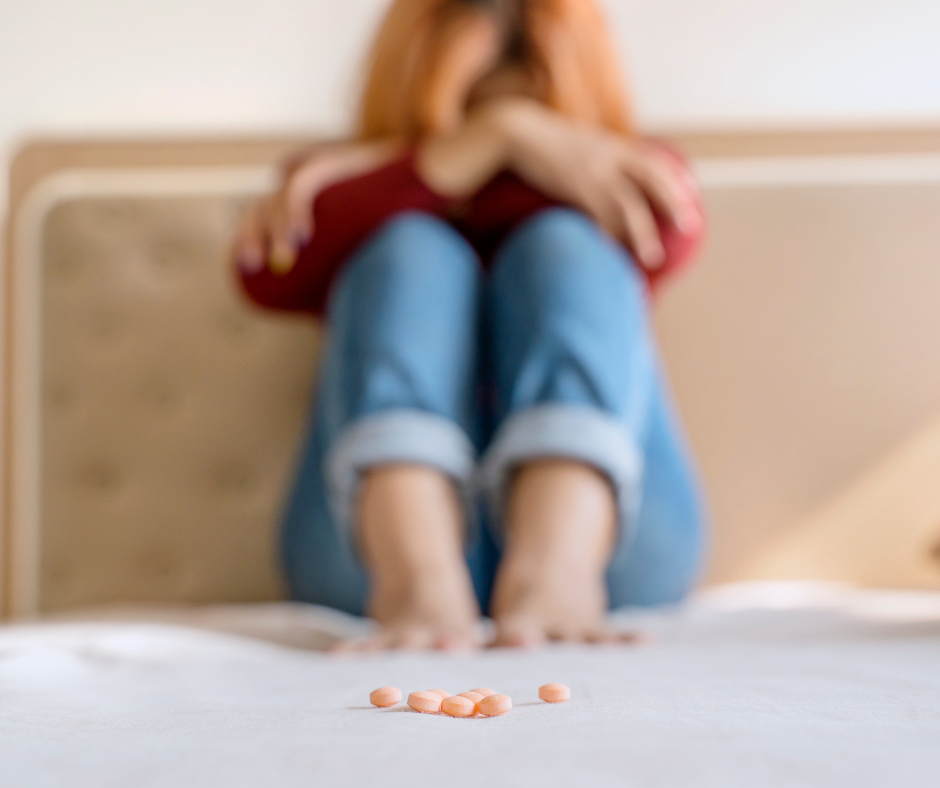
ASIC Recovery’s Comprehensive Drug Treatment Offerings
At ASIC Recovery, we understand that the journey to sustainable recovery from substance abuse is deeply personal, and addiction treatment must be tailored to fit the individual’s unique needs. Here’s how our diverse treatment options directly address and support recovery:
Choose ASIC Recovery for Leading IOP Drug Addiction Treatment in Fort Worth, TX
Are you ready to start a new chapter in your life? At ASIC Recovery, we’re committed to providing top-tier drug addiction treatment that goes beyond mere management of symptoms—we aim to transform lives. Our experienced team, diverse treatment options, comprehensive therapy, and compassionate approach make us the leading choice for IOP drug addiction treatment in Fort Worth.


